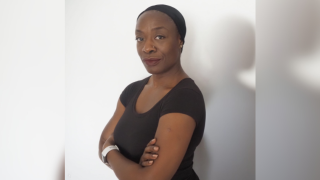The trial will use 5G network capabilities and solutions from DoCoMo and MI and will make use of RealWear smart glass display and AVATOUR 360-degree remote presence solutions.
The glasses will be worn by the trainee or user in a remote location and will incorporate voice-recognition functionality, providing the wearer with hands-free access to supporting documentation and media.
The AVATOUR 360-degree camera will allow the user to shoot pictures and videos of their surroundings and stream these to the host location using 5G connectivity.
During the trial period, Japanese companies taking part in AOTS training will help evaluate the feasibility and effectiveness of 5G solutions in providing remote practical training and technical guidance.
The companies said that while Covid-19 has resulted in difficulties in conducting on-the-job training and the provision of technical training on a face-to-face basis, the trial aimed to address training issues in developing countries.
This will be done with remote practical training and human resource development leveraging the latest ICT and digital solutions.
The trial runs from 14 October until 31 March 2022.
As well as committing to aiding developing countries, DoCoMo also recently outlined its commitment to reducing greenhouse gas emissions from its business activities to “effectively zero by 2030”.
The company plans to sell electricity generated from renewable sources under the DoCoMo Denki green brand and said it will also consider delivering environmentally friendly products and services.






